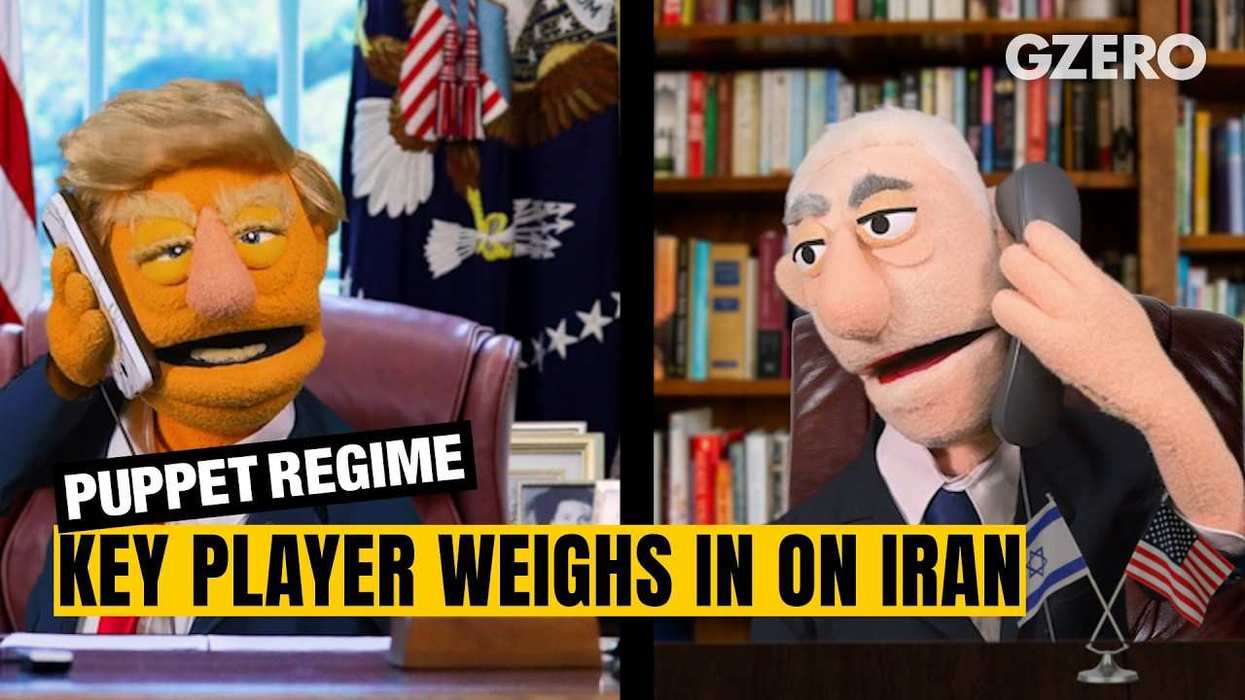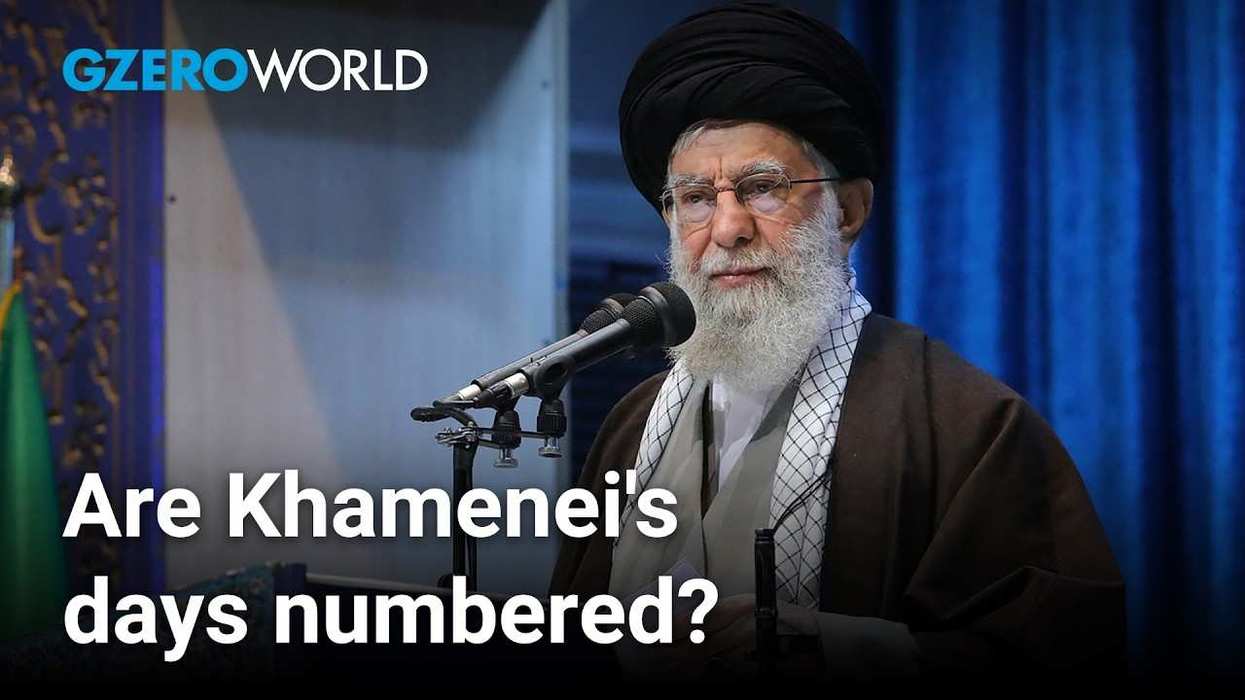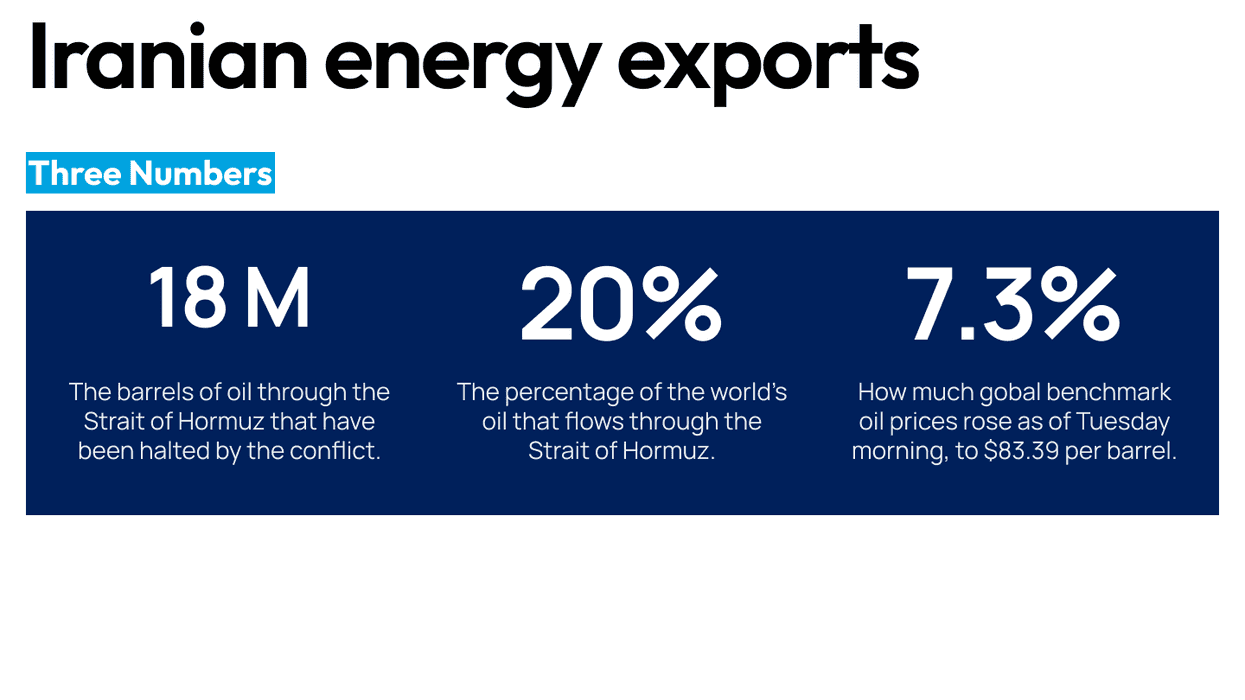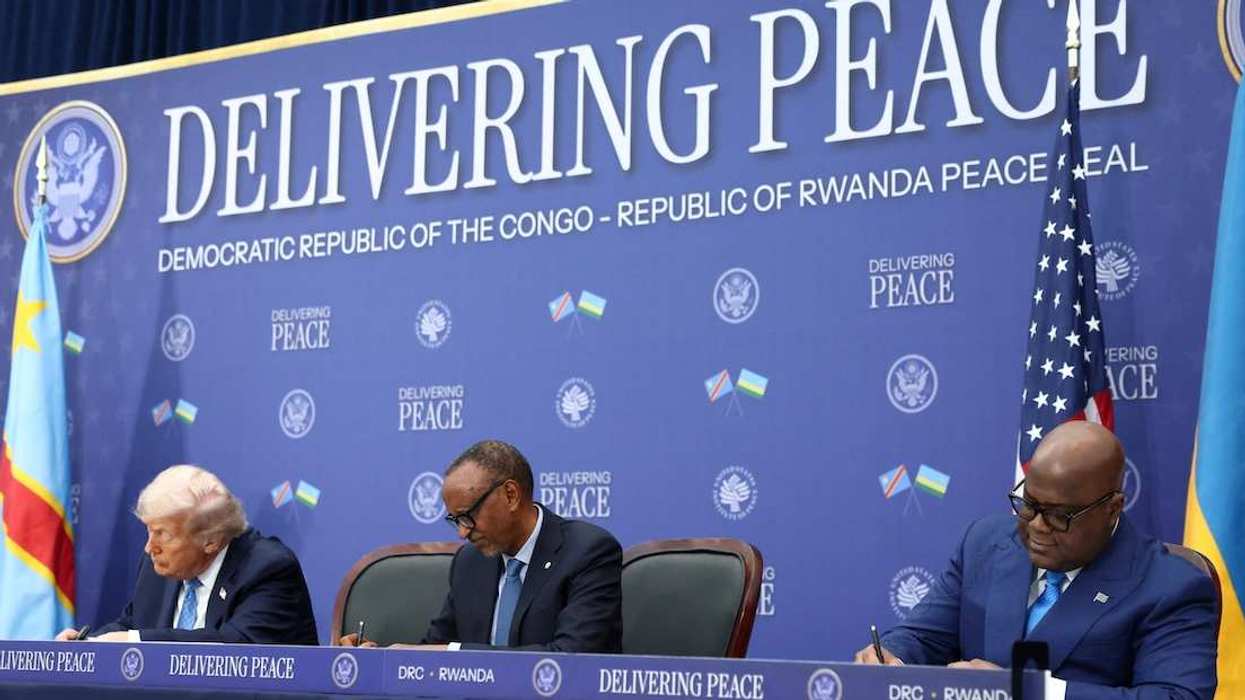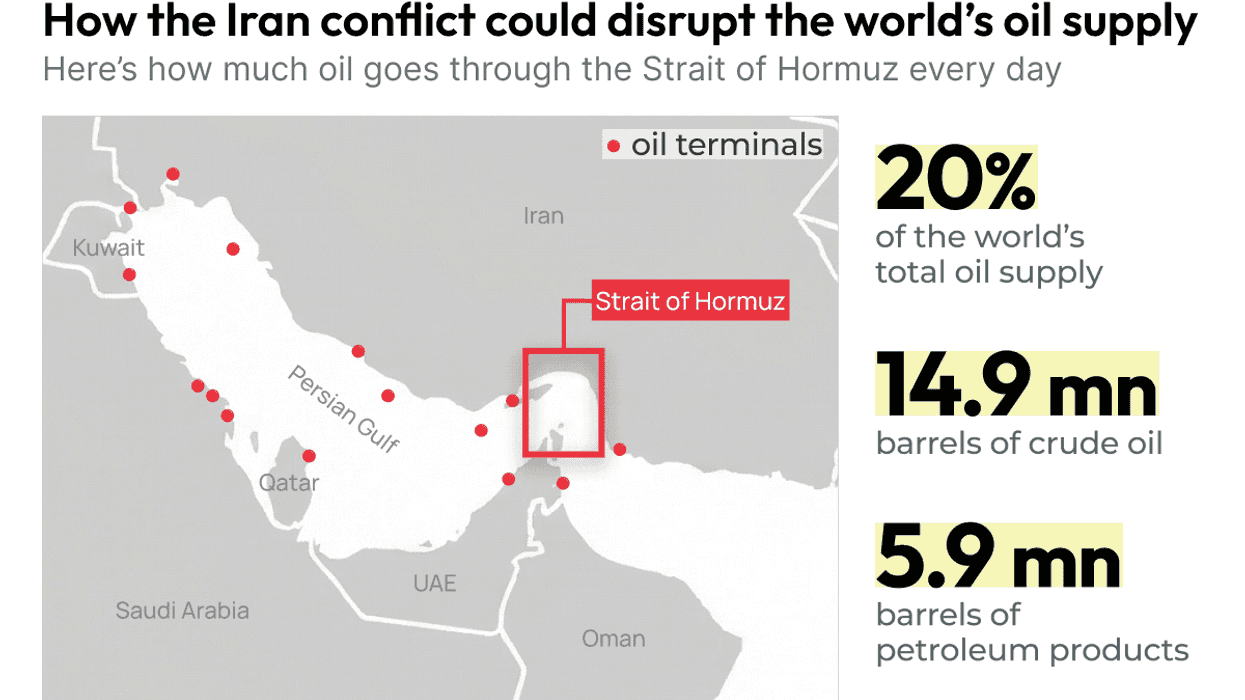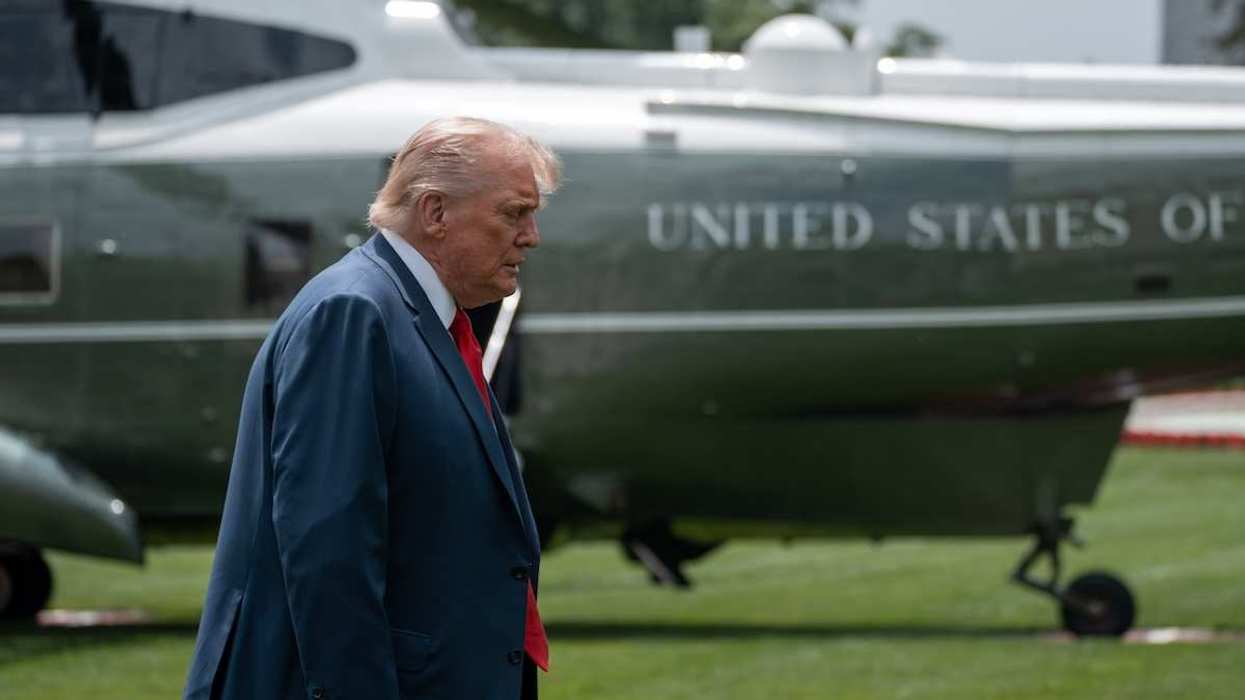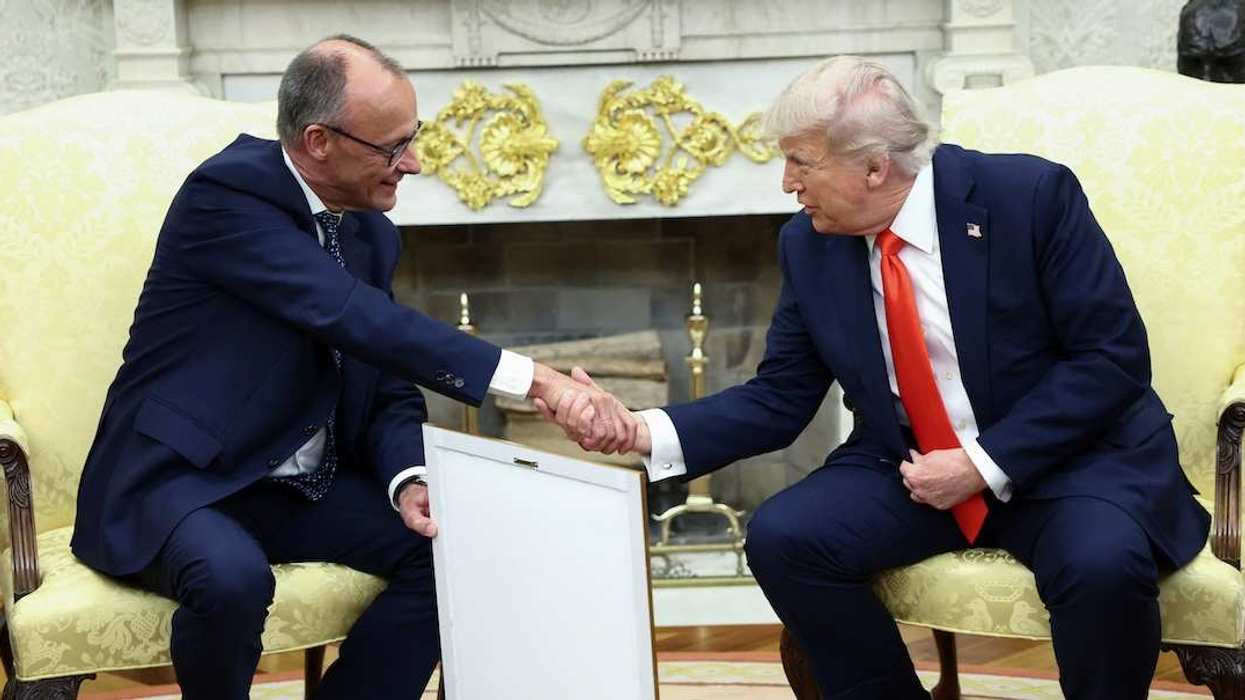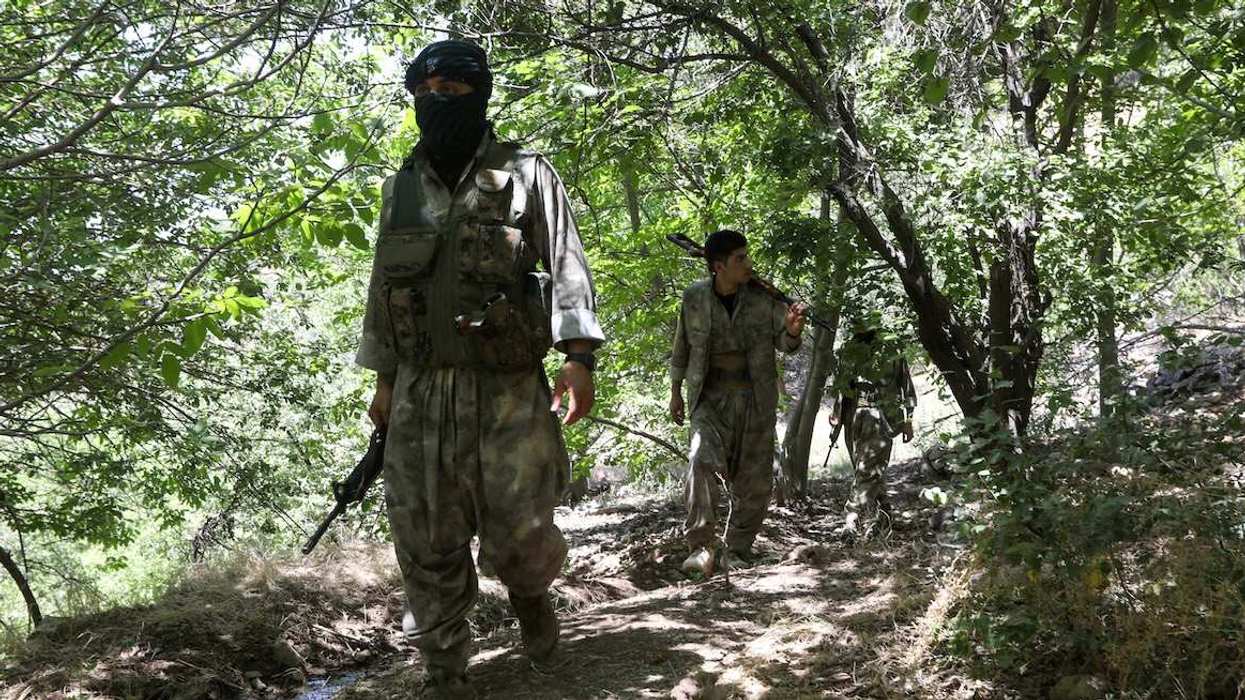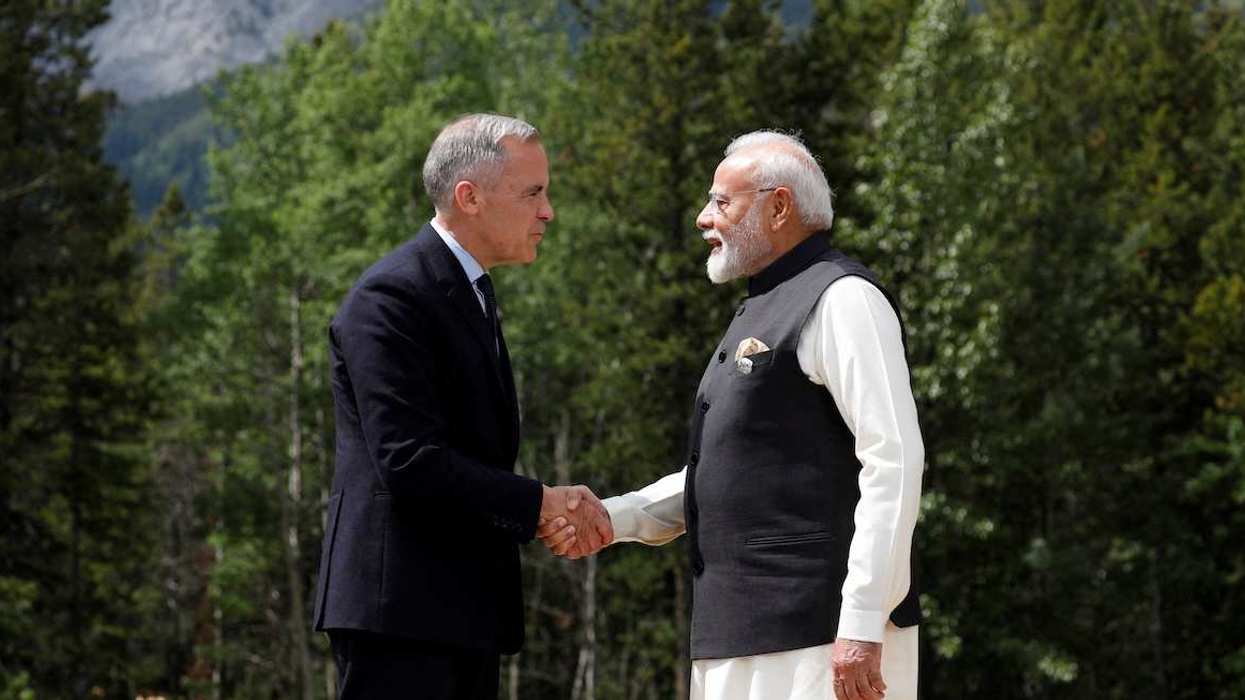The fate of Sudan's power-sharing deal — Sudanese opposition protesters have reached a power-sharing agreement with the military under which the two sides will create a "sovereign council" to be headed by the military for 21 months, followed by 18 months of civilian leadership ahead of fresh elections. In addition, the two sides have pledged a full investigation of the military's deadly crackdown on protesters in June. It remains to be seen whether that's truly possible, given that the killings were carried out by forces loyal to General Mohamed Hamdan, currently the most powerful figure in Sudan. In addition, the protesters seem to have made a big concession by allowing the military to run the council first — but in the end, they have the problem that all civilian popular revolutions must face: you need men with guns to run a state — who will they be?
Racial and generational tensions in Israel — Last week, an off-duty cop killed an unarmed Ethiopian Jewish teenager under unclear circumstances, prompting riots and protests among Israel's small, marginalized community of Ethiopian Jews. The back story is that tens of thousands of Ethiopian Jews were airlifted to Israel in the 1980s, escaping famine and political repression at home. But while that first generation of immigrants remained stoic in the face of what its leaders describe as discrimination and racism, their children are much more willing to confront these issues head on, opening another fault line in Israel's increasingly polarized society.
Erdogan's Troubles — Troubles for Turkey's President Recep Tayyip Erdogan have only deepened since his man lost the Istanbul mayor's election…twice. Early Saturday morning, Erdogan fired central bank governor Murat Cetinkaya because he refused to lower interest rates in order to give Erdogan's political standing a boost with a short-term surge of economic growth. The move in the wee hours on a weekend was evidently meant to give investors time to digest the news before they reacted. But when markets opened Monday, the Turkish lira dropped like a stone, further devaluing the money that Turks carry in their pockets. Later on Monday, Erdogan suffered a second blow as former Turkish deputy prime minister Ali Babacan announced his resignation from Erdogan's Justice and Development Party over "deep differences" with the party's direction. He's now expected to form a rival party with former president Abdullah Gul.
A new politics in Greece — What challenges await the center-right New Democracy party after it rang up a resounding victory in Sunday's election? Check out Leon Levy's take here, and our interview with incoming prime minister Kyriakos Mitsotakos here. "If there's a bigger lesson for the world to take away from Greek elections this Sunday," Leon writes, "it's this: even populist movements run out of steam."
What we are ignoring:
Russia's explanation of a deadly sub mishap – Last week, 14 Russian sailors perished in a fire aboard a submarine that Moscow says was carrying out a survey of the sea floor. Russian President Vladimir Putin later revealed the sub was nuclear powered and, although the reactor is reportedly safe, an anonymous military official was quoted in the local press saying that the valiant efforts of the crew had saved the ship and "averted a catastrophe of planetary scale." Our sympathies are with the dead and their families, but there's no way we're buying the official line that this secretive, high-tech sub was innocently exploring the ocean depths for science.


